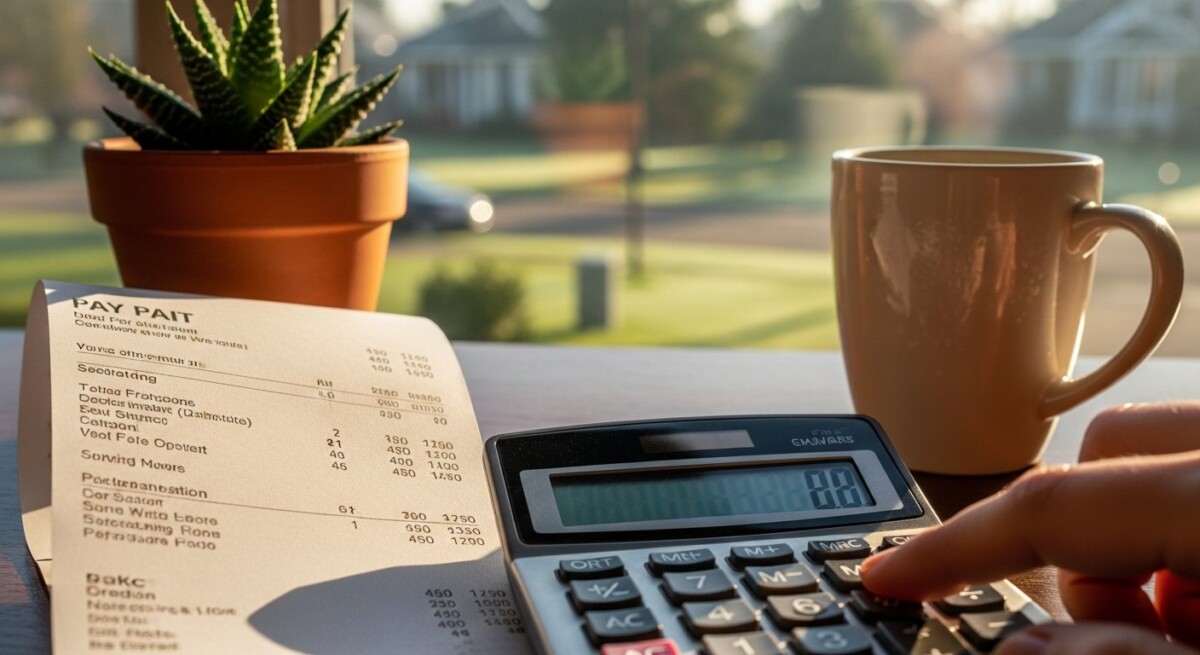Do You Need a Lawyer for Bankruptcy, or Can You Do It Alone?

Bankruptcy Explained: Do You Need a Lawyer or Can You File Alone?
Bankruptcy is a legal process designed to help individuals or businesses eliminate or repay debts under the protection of a bankruptcy court. It is a significant financial decision that can have long-lasting implications on your financial future, credit score, and overall well-being. Given its complexity and potential consequences, it’s crucial to carefully evaluate whether you need professional legal assistance or if you can navigate the process on your own. This article delves into the key aspects of bankruptcy, the advantages of hiring a lawyer, the challenges of filing alone, and the factors you should consider before making a decision.Do You Need a Lawyer for Bankruptcy?
One of the most common questions people ask is, Do you need a lawyer for bankruptcy, or can you do it alone? The answer depends on your financial situation and the complexity of your case. While it’s possible to file without legal help, the process can be intricate and overwhelming. Here are some reasons why hiring a lawyer might be beneficial:- Expertise in Bankruptcy Law: Lawyers are well-versed in bankruptcy laws and can help you choose the right type of bankruptcy, such as Chapter 7 or Chapter 13.
- Accurate Paperwork: Filing for bankruptcy involves extensive documentation, including income statements, tax returns, and debt lists. A lawyer ensures all forms are completed correctly and submitted on time.
- Court Representation: If your case requires a court appearance, a lawyer can represent you, increasing your chances of a favorable outcome.

Ready to connect with top legal professionals? Get immediate support— Call us at 877-550-8911.
The Pros and Cons of Hiring a Lawyer
Hiring a lawyer for bankruptcy comes with both advantages and disadvantages. Let’s break them down: Pros:- Legal Expertise: A lawyer can navigate the complexities of bankruptcy law, ensuring you meet all requirements.
- Creditor Negotiation: They can communicate with creditors on your behalf, reducing harassment and stress.
- Asset Protection: Lawyers can help identify exemptions to safeguard your assets during bankruptcy.
- Cost: Legal fees can be high, which may be a barrier for those already facing financial difficulties.
- Overkill for Simple Cases: If your case is straightforward, hiring a lawyer might not be necessary.
Exploring the DIY Bankruptcy Option
Filing for bankruptcy without a lawyer, also known as a DIY bankruptcy, is an option for those with simple financial situations. However, this approach has its challenges:- Complexity of Bankruptcy Law: Even minor errors in paperwork can lead to delays or case dismissal.
- Time-Consuming Process: Preparing and filing documents requires significant time and attention to detail.
- Risk of Mistakes: Errors can result in losing assets or having your debt discharge denied.
Key Factors to Consider Before Filing for Bankruptcy
Before deciding whether to hire a lawyer or file alone, assess the following factors:- Type of Bankruptcy: Chapter 7 and Chapter 13 have different eligibility requirements and implications. Chapter 7 involves liquidating assets to pay off debts, while Chapter 13 focuses on creating a repayment plan.
- Complexity of Your Case: Multiple debts, significant assets, or legal disputes may require a lawyer’s expertise.
- Paperwork Requirements: Bankruptcy forms demand precise financial information. Mistakes can lead to complications or case dismissal.
- Emotional Stress: Filing for bankruptcy can be emotionally taxing. A lawyer can provide support and guidance throughout the process.
Common Mistakes When Filing Without a Lawyer
Filing for bankruptcy without legal help can lead to costly errors. Here are some common mistakes to avoid:- Choosing the Wrong Bankruptcy Type: Misunderstanding the differences between Chapter 7 and Chapter 13 can result in unfavorable outcomes.
- Incomplete or Inaccurate Paperwork: Errors in documentation can cause delays or dismissals.
- Missing Court Hearings: Failing to attend required hearings can jeopardize your case.

How a Lawyer Can Simplify the Bankruptcy Process?
Hiring a lawyer can make the bankruptcy process more manageable. Here’s how:- Guidance Through Legal Requirements: Lawyers ensure you meet all deadlines and comply with court rules.
- Paperwork Assistance: They help gather and complete necessary documents, reducing the risk of errors.
- Personalized Advice: A lawyer can provide tailored recommendations based on your financial situation.
Assessing Your Financial Situation
Before deciding whether to hire a lawyer, evaluate your financial circumstances. Consider the following:- Debt Complexity: If you have various debts, such as personal loans, credit cards, or medical bills, legal guidance may be necessary.
- Asset Protection: A lawyer can help identify exemptions to protect your property during bankruptcy.
- Legal Knowledge: Bankruptcy laws vary by state, and a lawyer can ensure you comply with local regulations.
FAQs
1. Can I file for bankruptcy without a lawyer? Yes, you can file without a lawyer, but it’s advisable to seek legal help if your case is complex. 2. What’s the difference between Chapter 7 and Chapter 13 bankruptcy? Chapter 7 involves liquidating assets to pay off debts, while Chapter 13 focuses on creating a repayment plan. 3. How much does it cost to hire a bankruptcy lawyer? Legal fees vary depending on the complexity of your case and your location. 4. What happens if I make a mistake in my bankruptcy paperwork? Errors can lead to delays, case dismissal, or loss of assets. A lawyer can help minimize these risks. 5. Can I protect my assets during bankruptcy? Yes, a lawyer can help identify exemptions to safeguard your property.Don’t wait to secure the legal representation you deserve. Visit Legal Case Review today for free quotes and tailored guidance, or call 877-550-8911 for immediate assistance.


